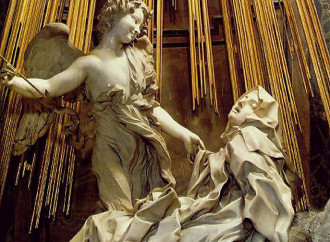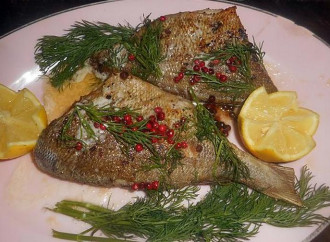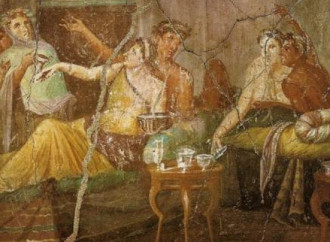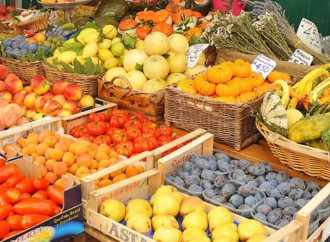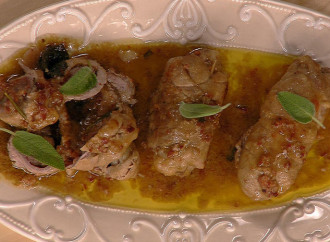Teresa of Ávila and Castilian cuisine
Despite the universal character of her work, the life of Saint Teresa began and ended in the same place, the region of Castile and Leon. A place known for its quality wines, the variety of sweets, its roasts, cold meats and cheeses. Simple but delicious dishes, from the Chuletón de Avileño to the Conejo escabechado. The Carmelite reformer herself, although very austere, loved good food and rewarded her sisters with sweets that became known as Yemas de Santa Teresa.
- THE RECIPE: YEMAS DE SANTA TERESA
Saint John Paul II and Polish cuisine
Karol Wojtyła always had a special relationship with food, an almost spiritual relationship: sharing, communication, joy. He spent part of his life eating simple, modest and frugal food. He loved traditional Polish cuisine, from pierogi to delicious paczki and the famous kremowka, later called Kremówka Papieska (the Pope's Cream Cake).
- THE RECIPE: KREMÓWKA PAPIESKA
A guide to avoiding harmful children’s books
The habit of telling stories to children is dying out, as people forget the great function of traditional tales. But the enemies of the Logos continue to churn out children’s stories. How can we understand what sort of book we have in our hands? Here are some questions to consider: Who is the enemy? How do you beat the enemy? Is there growth and change? How does the story end? The answers will help you to get your bearings.
Horse meat, a taboo rooted in history
In Judaism, horse meat is considered “impure”. For Christians, however, the roots of this prohibition go back to the 8th century, when Gregory III, following the victory of Charles Martel in the Battle of Poitiers, banned the consumption of horse meat. His successor, Pope Zacharias, confirmed the ban for reasons related to the pagan sacrifices of the Germans. Traces of this aversion to horse meat remain in many Christian areas.
Cannibalism, a taboo for most peoples and religions
Sieges, famines, and other calamities are among the most frequent causes that have historically led to cannibalism. The horror of this practice is the same in almost all religions, with a few exceptions. The Church, except in a state of necessity, condemns it. And how does one explain the fact of feeding on the Body of Christ according to the doctrine, based on the Bible, of transubstantiation? By the command of the Lord and the goal of eternal salvation.
Eating blood, a taboo broken in the 19th century
For a long time even in Christianity, the heir to Judaism, it was forbidden to eat food containing blood. It was only 150 years ago that foods containing blood began to be tolerated. In fact, Christians neither knew nor practised forms of food deprivation/exclusion for religious purposes.
- THE RECIPE: SEA BREAM WITH DILL AND PINK PEPPERCORNS
Fiacre, king’s son and patron saint of horticulturists and gardeners
Saint Fiacre lived in the 7th century. He was born into a noble family, yet disdained wealth and was attracted to monastic life. He had an extensive knowledge of medicinal herbs, but in the monastery, he also developed the cultivation of the land and especially fruit trees. He fed the undernourished poor with the monastery’s fruit and vegetables.
- THE RECIPE: STRAWBERRY, MINT AND VERBENA SALAD


